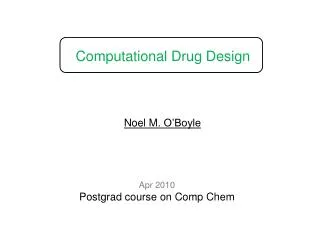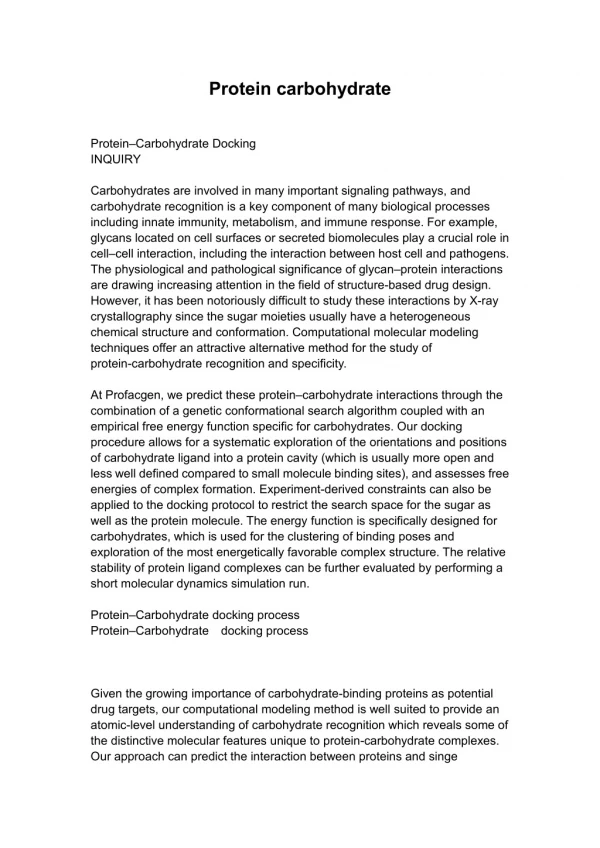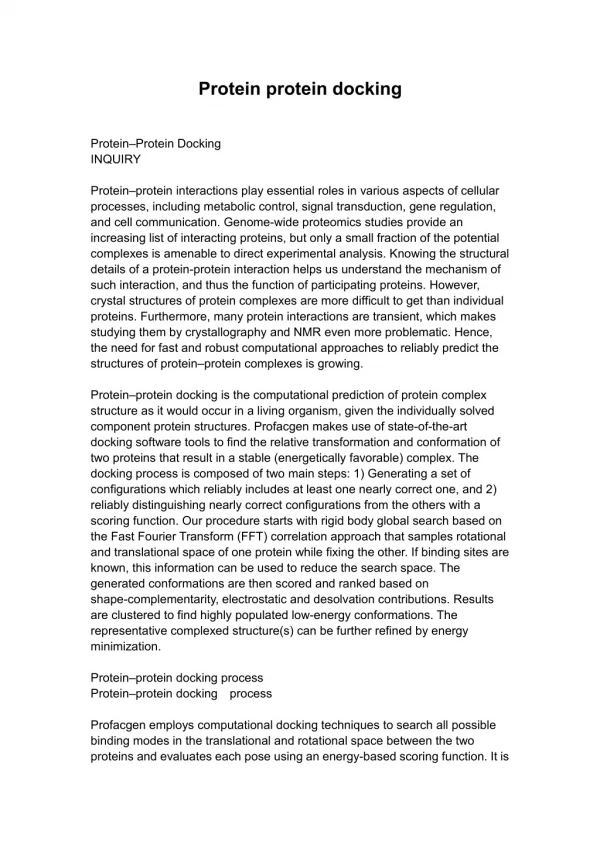protein protein docking
Proteinu2013protein interactions play essential roles in various aspects of cellular processes, including metabolic control, signal transduction, gene regulation, and cell communication. Genome-wide proteomics studies provide an increasing list of interacting proteins, but only a small fraction of the potential complexes is amenable to direct experimental analysis. Knowing the structural details of a protein-protein interaction helps us understand the mechanism of such interaction, and thus the function of participating proteins. However, crystal structures of protein complexes are more difficult to get than individual proteins. Furthermore, many protein interactions are transient, which makes studying them by crystallography and NMR even more problematic. Hence, the need for fast and robust computational approaches to reliably predict the structures of proteinu2013protein complexes is growing.
★
★
★
★
★
49 views • 2 slides


